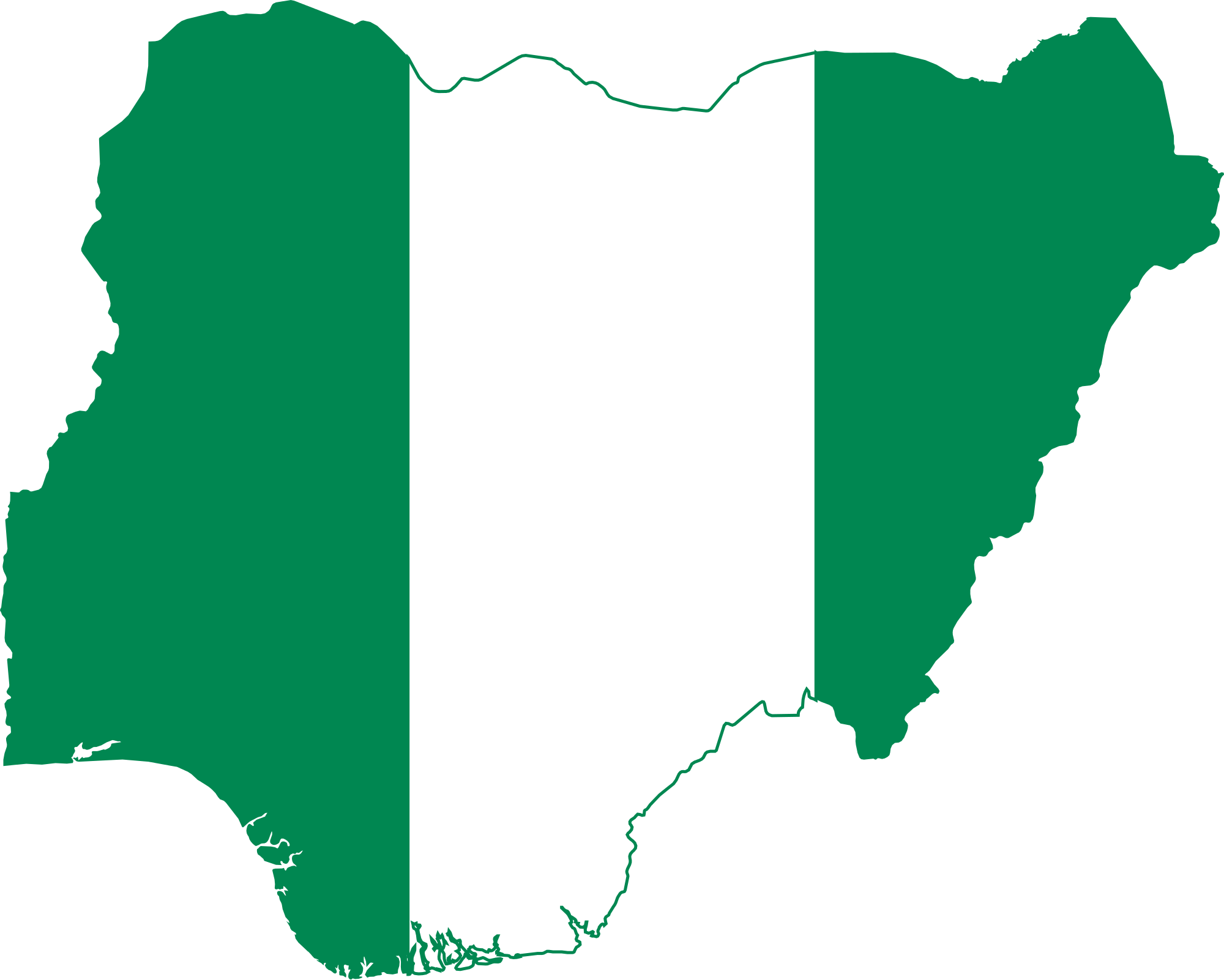Nigeria the ‘giant of Africa’ is the seventh most populous nation in the world. Located in the southern coastal part of West Africa with Abuja as its capital city. It is arguably the oone of the liveliest places in Africa that continues to attract visitors from different parts of the world.
Nigeria’s journey as an independent nation may have begun on October 1, 1960, but its history dates back far before the colonial era. However, here are some interesting facts about Nigeria after independence.
October 1, 1961 – Southern Cameroon ceases to be a part of Nigeria and became a part of Cameroun, following the UN-organised plebiscite of February 11, 1961
1976 – 75 Kobos exchanged for one British Pound Sterling and 60 Kobos for one US dollar.
Till 1984, A Travel Visa was not required to travel to the United Kingdom
In 1966, the Nigerian coup d’état began on 15 January, when mutinous Nigerian soldiers led by Chukwuma Kaduna Nzeogwu and Emmanuel Ifeajuna killed 22 people including the Prime Minister of Nigeria. Aguiyi-Ironsi, was compelled to take control of the government of the country.
After more than 13 years of military rule, Nigeria returned to democratic rule. In October 1979, Alhaji Shehu Shagari became the first democratically elected president.


